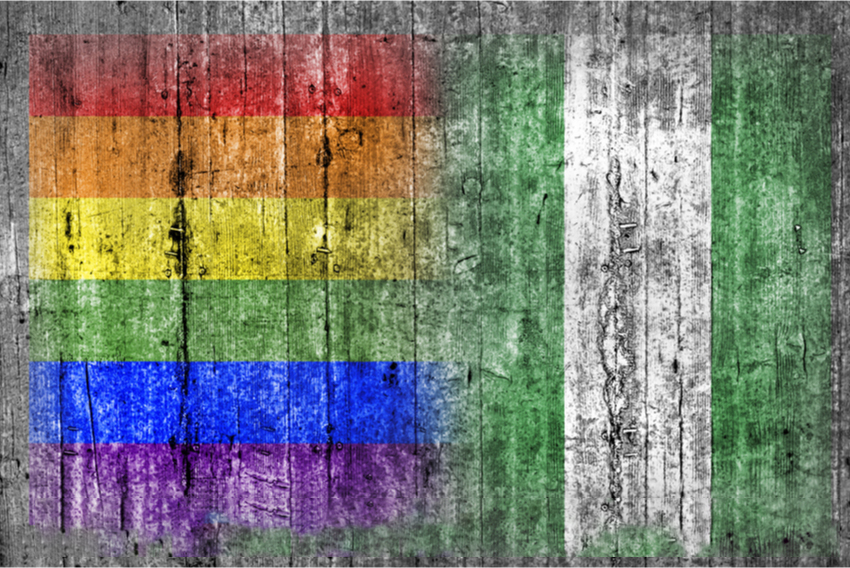

THE POSSIBLE FUTURE OF LGBTQ IN NIGERIA
Nigeria, like many other countries, has a complex relationship with the LGBTQ (Lesbian, Gay, Bisexual, Transgender, Queer/Questioning) community. The societal perception of these individuals has been shaped by deeply rooted cultural, religious, and legal factors, often leading to discrimination and stigmatization.
As the world evolves, and global conversations around LGBTQ rights gain momentum, exploring the potential future of LGBTQ in Nigeria becomes crucial. In this article, we will shed light on shifting attitudes, legal considerations, and the importance of fostering understanding and inclusivity.
Shifting Attitudes and Awareness
One notable aspect indicating a possible future for LGBTQ in Nigeria is the gradual shift in public attitudes. While conservative views prevail, there is a growing awareness of her rights and advocacy. Thanks to increased access to information and globalization, more Nigerians are exposed to diverse perspectives on gender and sexual orientation. Consequently, this growing awareness may lead to more open conversations about LGBTQ issues, thereby paving the way for societal acceptance over time.
LGBTQ Advocacy and Support
The LGBTQ community in Nigeria has recently begun to organize and advocate for their rights. Activists and support groups tirelessly work to raise awareness, challenge stereotypes, and promote inclusivity. These efforts have led to a greater understanding of the challenges faced by her individuals. Moreover, as advocacy gains momentum, it fosters dialogue with policymakers, religious leaders, and the public, creating opportunities for social change.
Legal Considerations
Nigeria has laws criminalizing same-sex relationships, making it challenging for LGBTQ individuals to express their identities openly. Unfortunately, these laws perpetuate discrimination and hinder access to essential services. However, a possible future for LGBTQ in Nigeria may involve legal reforms to protect their rights, aligning with international human rights standards. Striking a delicate balance between cultural values and individual liberties would be essential in this process.
Influence of Global Development
Global developments may influence Nigeria as the world moves towards greater LGBTQ acceptance. Many countries already recognize same-sex marriages and have laws protecting it rights. Furthermore, international organizations and human rights bodies continue to advocate for the decriminalization of homosexuality worldwide. As a result, these shifts in global attitudes could eventually impact Nigeria’s approach to LGBTQ issues.
The Importance of Education and Dialogue
Shaping the future of LGBTQ in Nigeria lies in fostering education and dialogue. Open conversations about gender and sexual orientation can dispel myths and misconceptions surrounding it individuals. Through promoting empathy and understanding, Nigerians can come to appreciate the diversity within their society and recognize the rights of their individuals to live without fear of discrimination or violence.


The possible future of LGBTQ in Nigeria is multifaceted, with opportunities for progress and challenges. As the world moves towards greater acceptance and inclusivity, Nigeria may witness a transformation in attitudes and laws. Emphasizing education, empathy, and dialogue will play a significant role in shaping a future that embraces the rights and dignity of all individuals, regardless of their sexual orientation or gender identity. By recognizing the importance of respect and compassion, Nigeria can move towards a more inclusive and tolerant society, where LGBTQ individuals can thrive and contribute positively to the nation’s progress.



No Comments